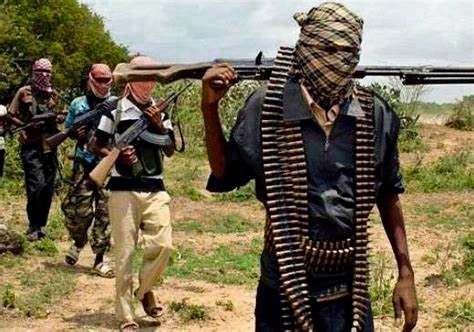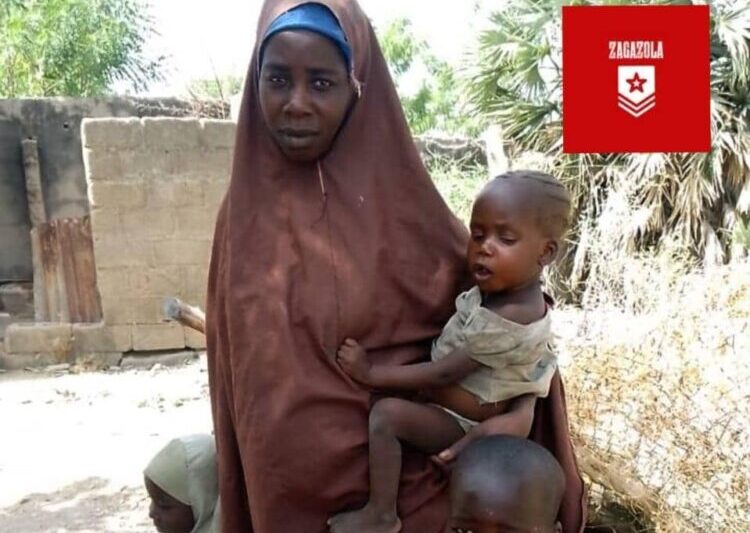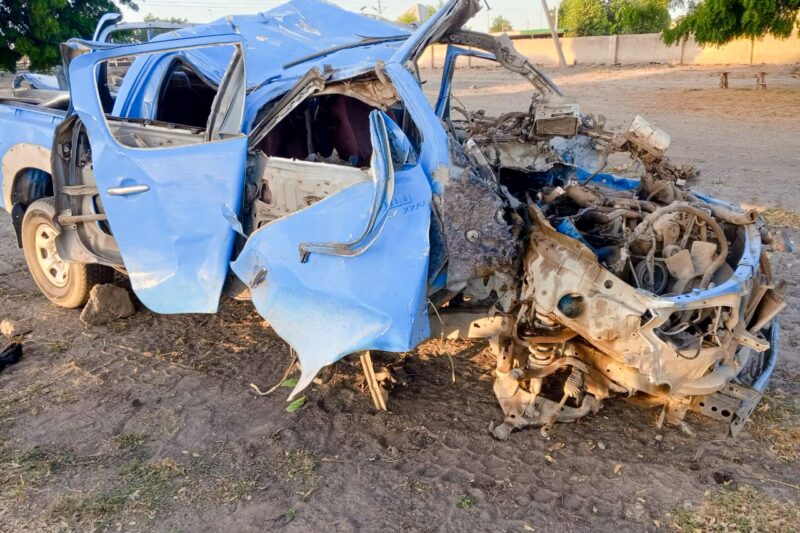Education is said to be the key to economic, social and environmental progress, yet more than 10.5 million children in the Sahel countries of Burkina Faso, Mali, Niger and Senegal lack quality education.
There were a number of challenges in the education field, among which was the gap between the number of properly trained teachers and schoolchildren.
The security situation continued to be a major setback and attacks by armed groups often targeted schools and teachers, resulting in numerous internal displacements.
Because of this an implementation of a strategy for the future of education in these countries was desperately needed.
The United Nations Educational, Scientific and Cultural Organisation (UNESCO) put together an action plan to promote Open Education Resources (OER) in the four countries.
OER consists of teaching, learning and research materials to develop, share and adapt OER to meet the education needs of African societies.
The UNESCO education action plan – costing more than 4 billion FCFA and funded by the European Union – was scheduled to last for 45 months. It began in January 2021.
On Friday, October 22, ministers responsible for education and youth and employment in these countries attended a UNESCO high-level forum to examine capacity building and policy for OER in the Sahel.
The meeting was a follow-up to a forum at which they committed to implementing the 2019 OER Recommendations, which identified five areas for action:
- Capacity building to create, access, reuse, adapt and redistribute OER;
- A supportive policy;
- Inclusive and equitable access to quality OER;
- Sustainability models for OER; and
- International cooperation.
At that meeting the delegates also affirmed the principles embodied in the Universal Declaration of Human Rights, which states that all people have rights, duties and fundamental freedoms that include the right to seek, receive and impart information and ideas through any media and regardless of frontiers (Article 19), as well as the right to education (Article 26), and the right to participate freely in the cultural life of the community, to enjoy the arts, and to share in scientific advancement and its benefits; and the right to the protection of the moral and material interests resulting from any scientific, literary, or artistic production of which one is the author (Article 27).
The UNESCO Sahel Action Plan for OER was adopted in December last year.
At the forum on October 22, the ministers’ debates highlighted diverse sharing initiatives and strategies for harnessing the potential of OER to support inclusive and quality education. They were inspiring and encouraged innovation, particularly in the digital age, to facilitate the acquisition of digital skills and knowledge for young people, according to a report by UNESCO.
The ministers reaffirmed their commitment to the implementation of the 2019 OER Recommendations.
Tawfik Jelassi, UNESCO’s assistant director-general for communication and information, underscored that OER promoted innovation and contributed to meet the knowledge and skill needs of youth while enabling the achievement of quality inclusive education.
Apart from insecurity in the region, a key challenge raised by the ministers was ensuring access to digital OER for people living in disadvantaged areas, with limited access to the internet.
Sidibe Dedeou Ousmane, Mali’s education minister, underscored the key role of capacity building, stating that the training of teachers in OER design and management of open licences and permissions had been a major challenge. Hence the importance of integrating capacity building in OER development into initial and ongoing teacher training programmes.
UNESCO’s action plan included adopting an implementation strategy for the future of education in these countries which continued to be shaken by the security crisis. The strategy would be coordinated with the countries and by organisation’s partners.
It was decided that there should be a definition and review of teaching policies; promotion of a framework for the orientation of the curriculum common to the Sahel countries for the teaching profession; the distance training of teachers; and the deployment and availability of reliable data for the guidance and management of teachers. Thus each country, through workshops, would launch the project at the national level.
The plan was launched in Chad in September.
As with the other Sahel countries, Chad had encountered enormous difficulties in the correct management of its education system. As one of the countries most committed to the fight against extremism, Chad continued to suffer from many ills that paralysed it. The education system was described as moribund, despite the efforts of the authorities.
The enrolment rate for the primary cycle rose from 53% in 1990 to 91.3% in 2020 and the completion rate from 22.3% in 2000 to 44.7% in 2020.
In the middle cycle, the enrolment rate was 28.7% in 2015 and rose to 30.1% in 2020. The completion rate was 16.6% in 2015 and rose to 20.4% in 2020.
These figures showed that there had been efforts but that they had not been sufficient. The repetition rate was estimated at 17% and the primary school dropout rate at 16% in 2020. And 63.3% of community teachers had low primary qualifications. The pupil / trained teacher ratio remained a major stumbling block for the education system.
A report by the Organisation for Economic Cooperation and Development (OECD) said the future of education in the 21st century was not simply about reaching more people, but about improving the quality and diversity of education opportunities.








